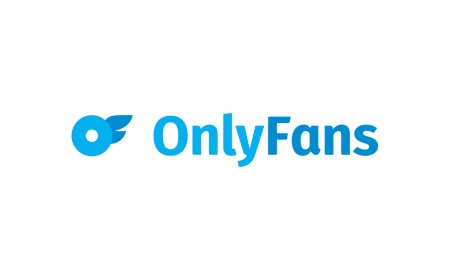Auditor General Flags Irregularities in CBK’s Currency Printing Tender

The Office of the Auditor General has identified irregularities in the Central Bank of Kenya’s (CBK) procurement process for printing new currency. According to Auditor General Nancy Gathungu, the process did not adhere strictly to legal requirements when selecting the German company tasked with producing the currency notes.
Gathungu emphasized that CBK was legally required to set up a special committee to oversee the procurement of sensitive or classified items. This committee's role was to guide the identification and evaluation of a suitable currency supplier. Furthermore, the Director General of the Public Procurement Regulatory Authority (PPRA) was supposed to supervise the procurement process to ensure compliance. The relevant regulations, outlined under Section 9(1)(d) of the Public Procurement and Asset Disposal Act, require that the procurement regulator actively monitors such tendering activities.
CBK awarded the contract, valued at KSh14.5 billion, to Giesecke+Devrient Currency Technologies—a German-based firm—through a direct procurement method labeled as "classified." Under the terms of the contract, the firm is expected to print 2.04 billion notes, comprising 460 million pieces of Sh50 notes, 690 million pieces of Sh100 notes, 260 million pieces of Sh200 notes, 170 million pieces of Sh500 notes, and 460 million Sh1,000 notes. The total monetary value of the printed notes will amount to KSh689 billion, slightly lower than the 2.35 billion notes printed in the 2019 currency series.
These findings coincide with an ongoing parliamentary investigation into the procurement process. Lawmakers are questioning why the tender was not issued through an open bidding process and are seeking clarity on whether the awarding of the contract complied with the law.
What's Your Reaction?




























































